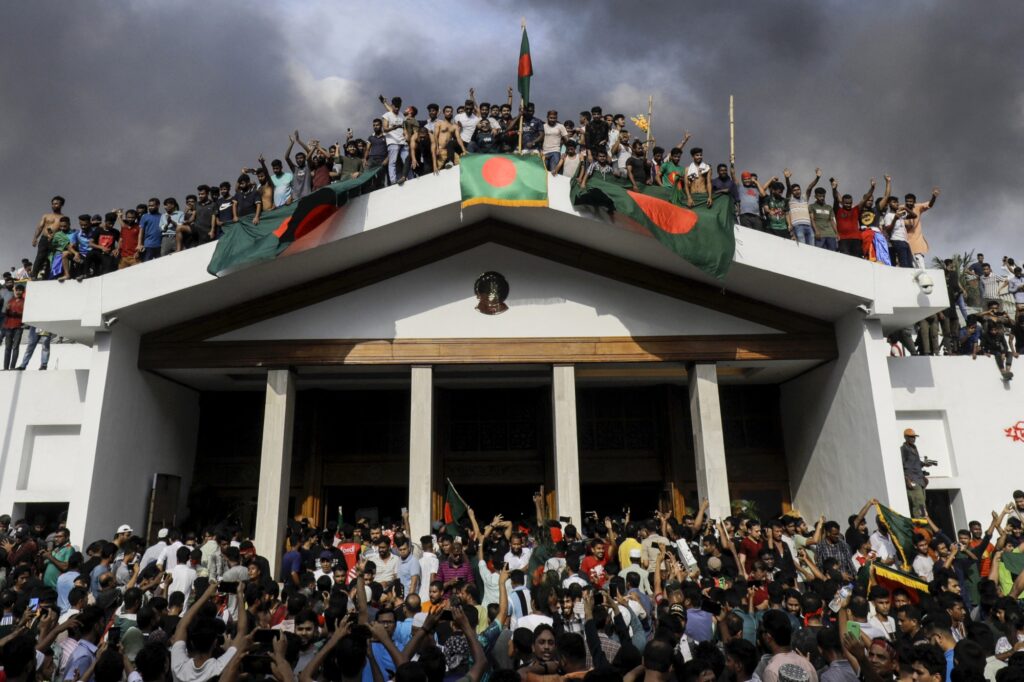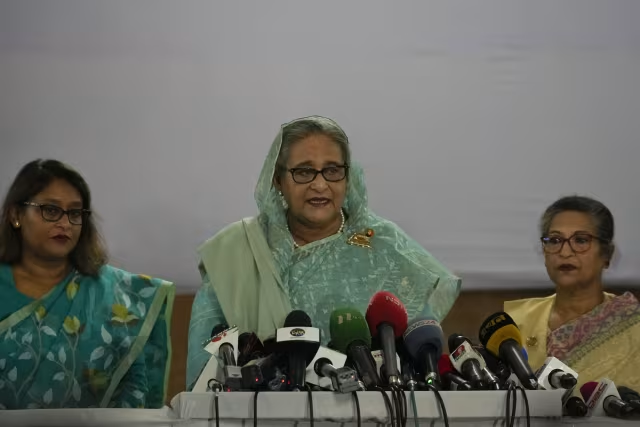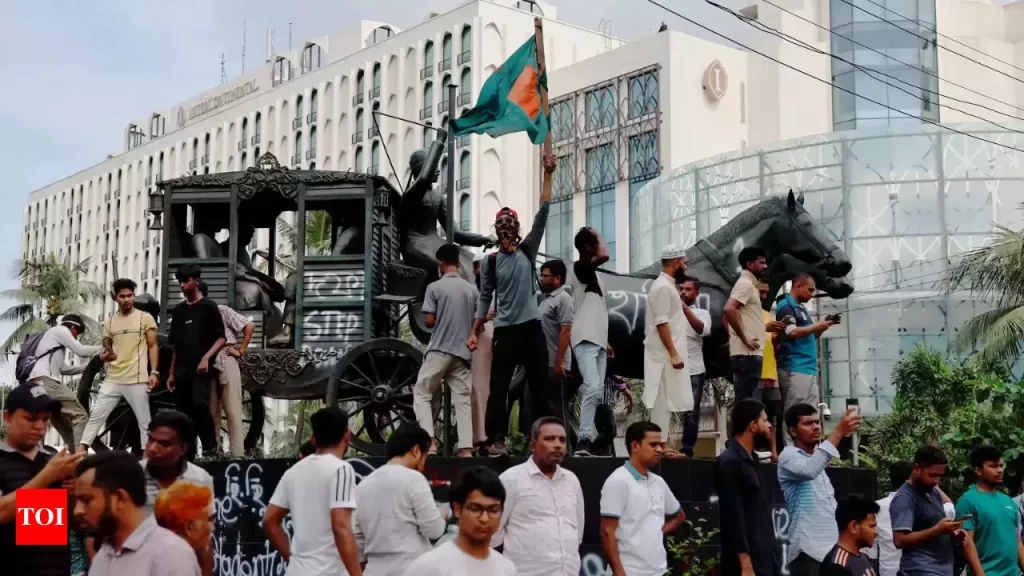Bangladesh’s President Mohammed Shahabuddin dissolved parliament on Tuesday, clearing the way for new elections following the resignation and departure of long-serving Prime Minister Sheikh Hasina. The move comes after weeks of demonstrations against Hasina’s rule that escalated into violent unrest.

In addition to dissolving parliament, President Shahabuddin ordered the release of opposition leader Khaleda Zia from house arrest. Zia, a longtime rival of Hasina, was convicted on corruption charges by Hasina’s government in 2018.
Hasina fled to India by helicopter on Monday as protesters defied military curfew orders to march on the capital. Thousands of demonstrators stormed her official residence and other buildings associated with her party and family. The protests, which began against a quota system for government jobs, grew into a broader challenge to Hasina’s 15-year rule in recent weeks.
Bangladesh’s figurehead president and top military commander announced late Monday that an interim government would be formed soon to oversee new elections. The streets of Dhaka appeared calmer on Tuesday, with no reports of new violence as protesters gathered at the ousted leader’s residence.

The recent unrest has taken a significant toll on the country. Media reports, which could not be independently confirmed, indicate that at least 109 people have died, including 14 police officers, with hundreds more injured. Security concerns led to the suspension of operations at Dhaka’s main airport for eight hours.
In the southwestern district of Satkhira, 596 prisoners and detainees reportedly escaped from a jail following an attack on the facility Monday evening. Police in Dhaka largely abandoned their stations, assembling in a central barracks due to fears of attacks after several stations were torched or vandalized.

The main opposition Bangladesh Nationalist Party has called for restraint during this “transitional moment.” The United Nations human rights chief, Volker Türk, stated that the transition of power in Bangladesh must be “in line with the country’s international obligations” and “inclusive and open to the meaningful participation of all Bangladeshis.”
Hasina, 76, was elected for a fourth consecutive term in January in a vote boycotted by her main opponents. The election was criticized by the U.S. and U.K. as not credible, though the government defended the results.
India’s External Affairs Minister S. Jaishankar confirmed Hasina’s presence in India, stating she had requested approval to come to the country “at very short notice.” The Indian Express newspaper reported that Hasina met with India’s National Security Adviser Ajit Doval upon arrival and was taken to a safe house.
The Associated Press



